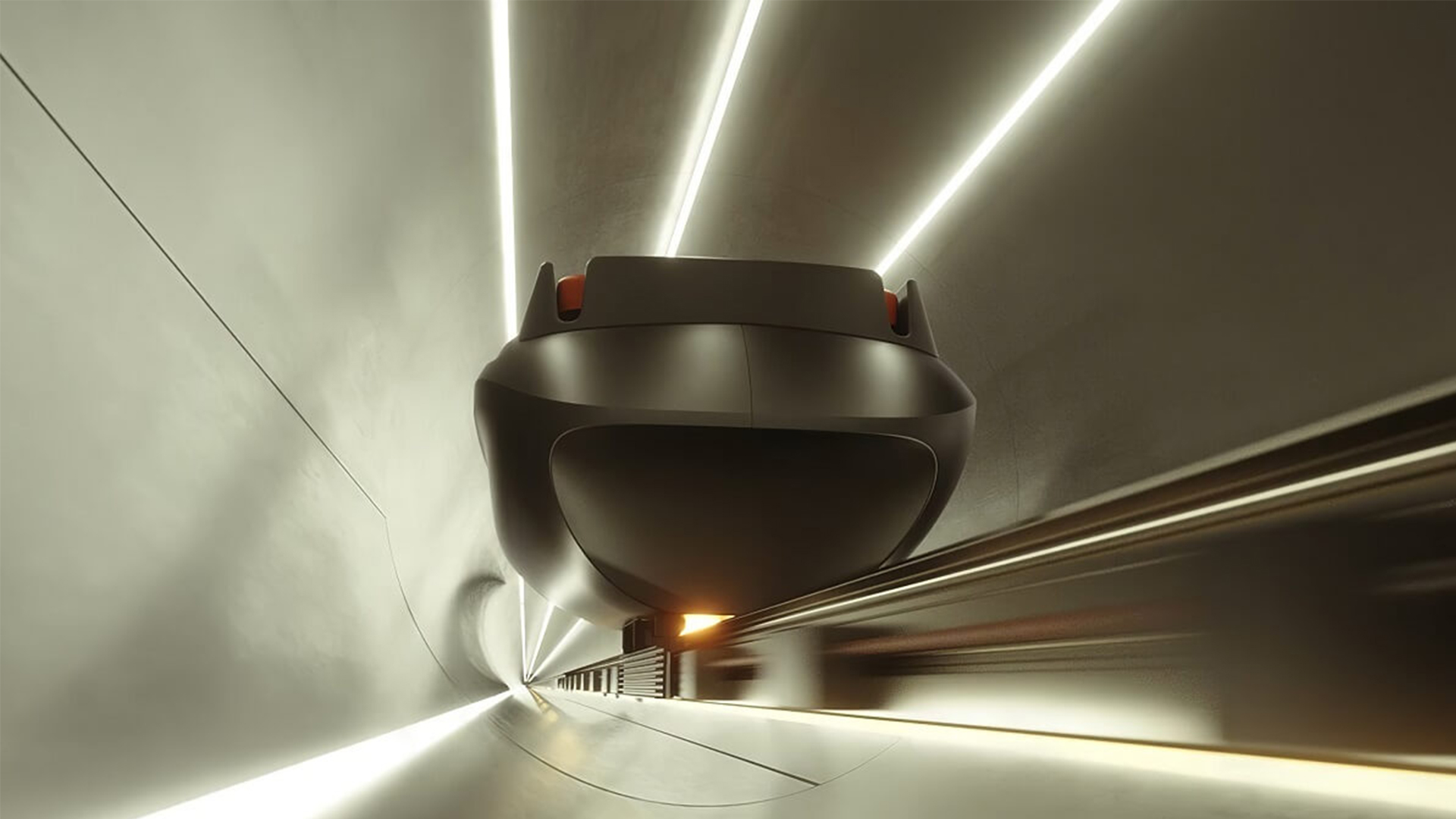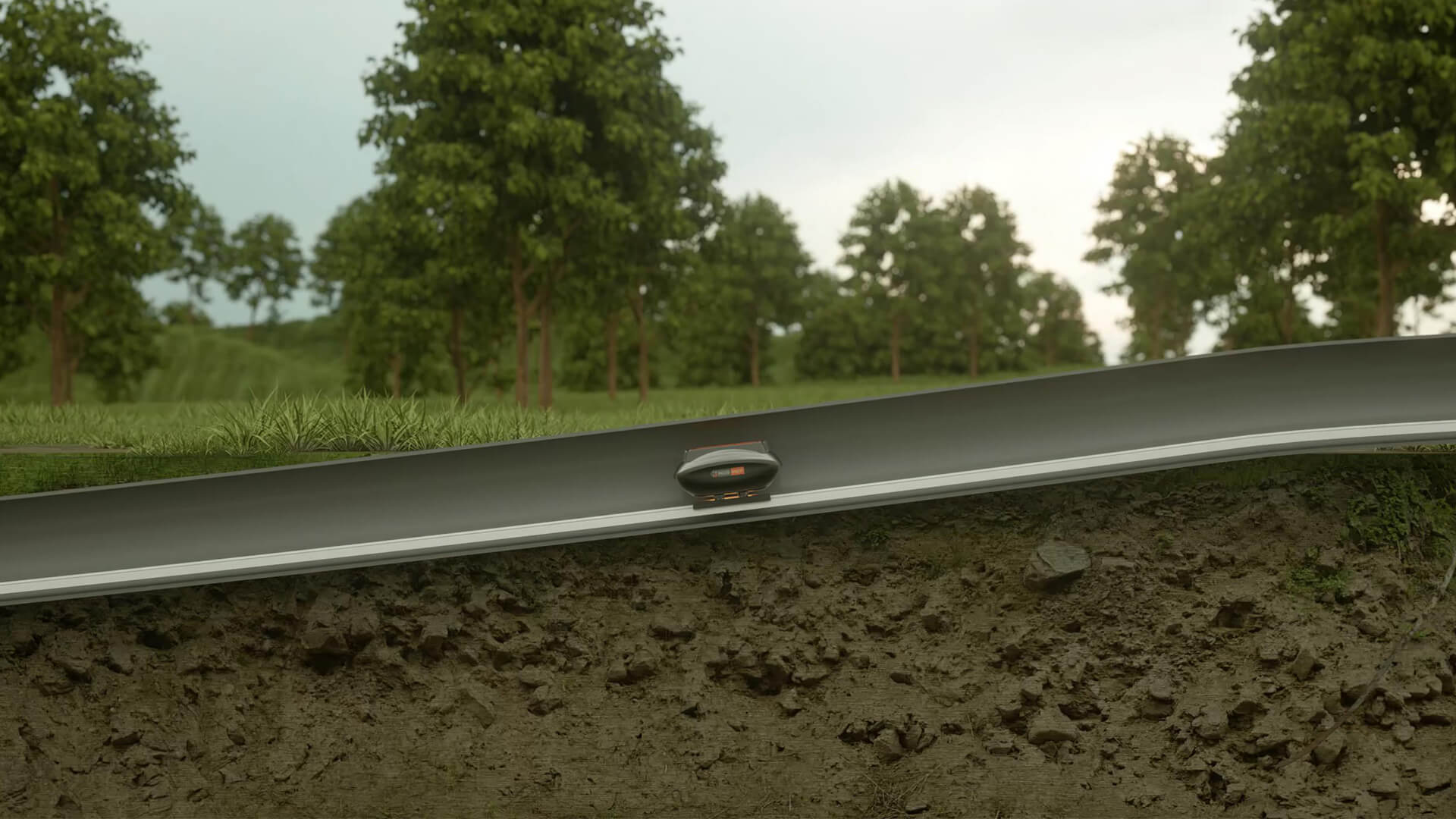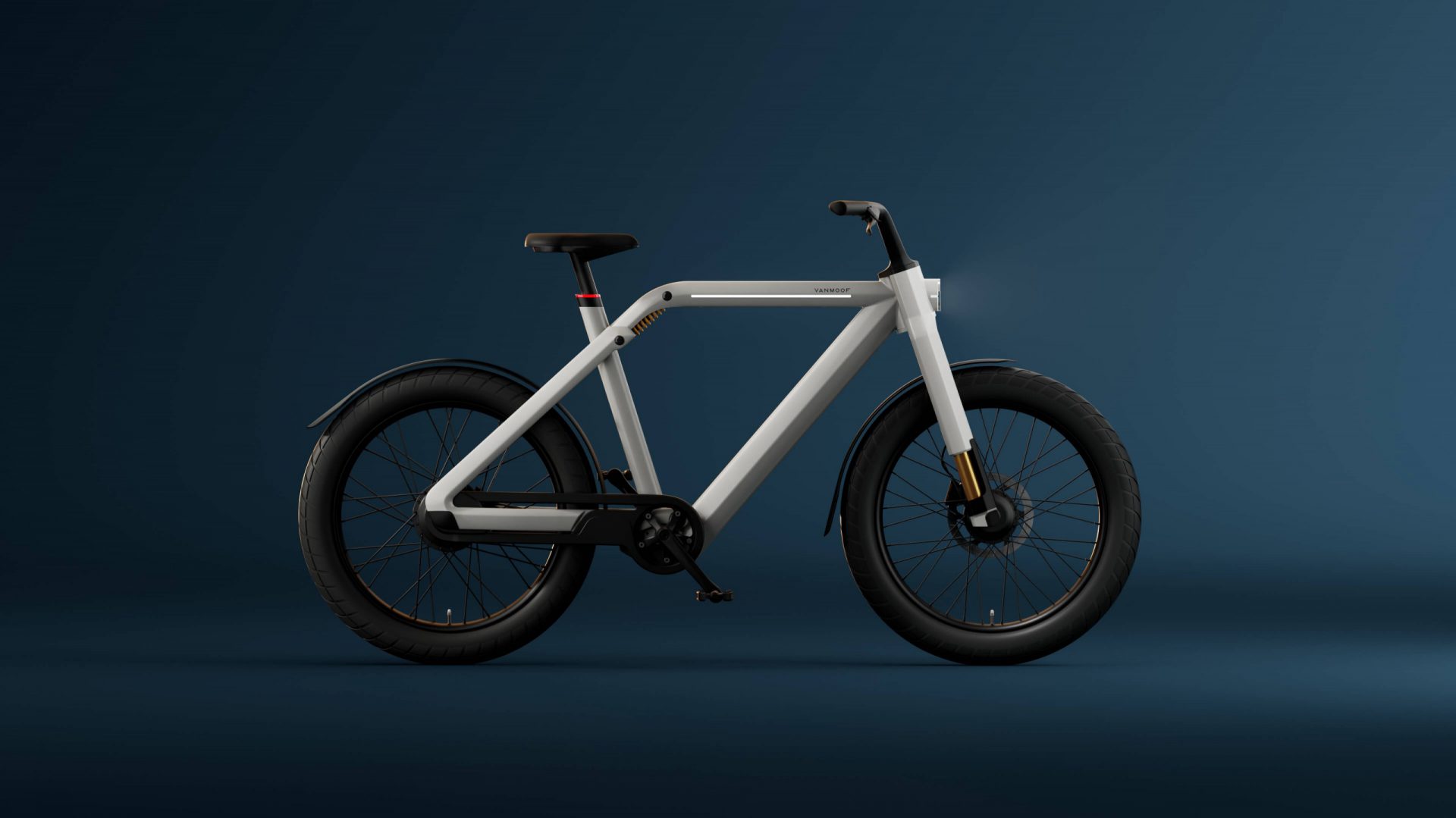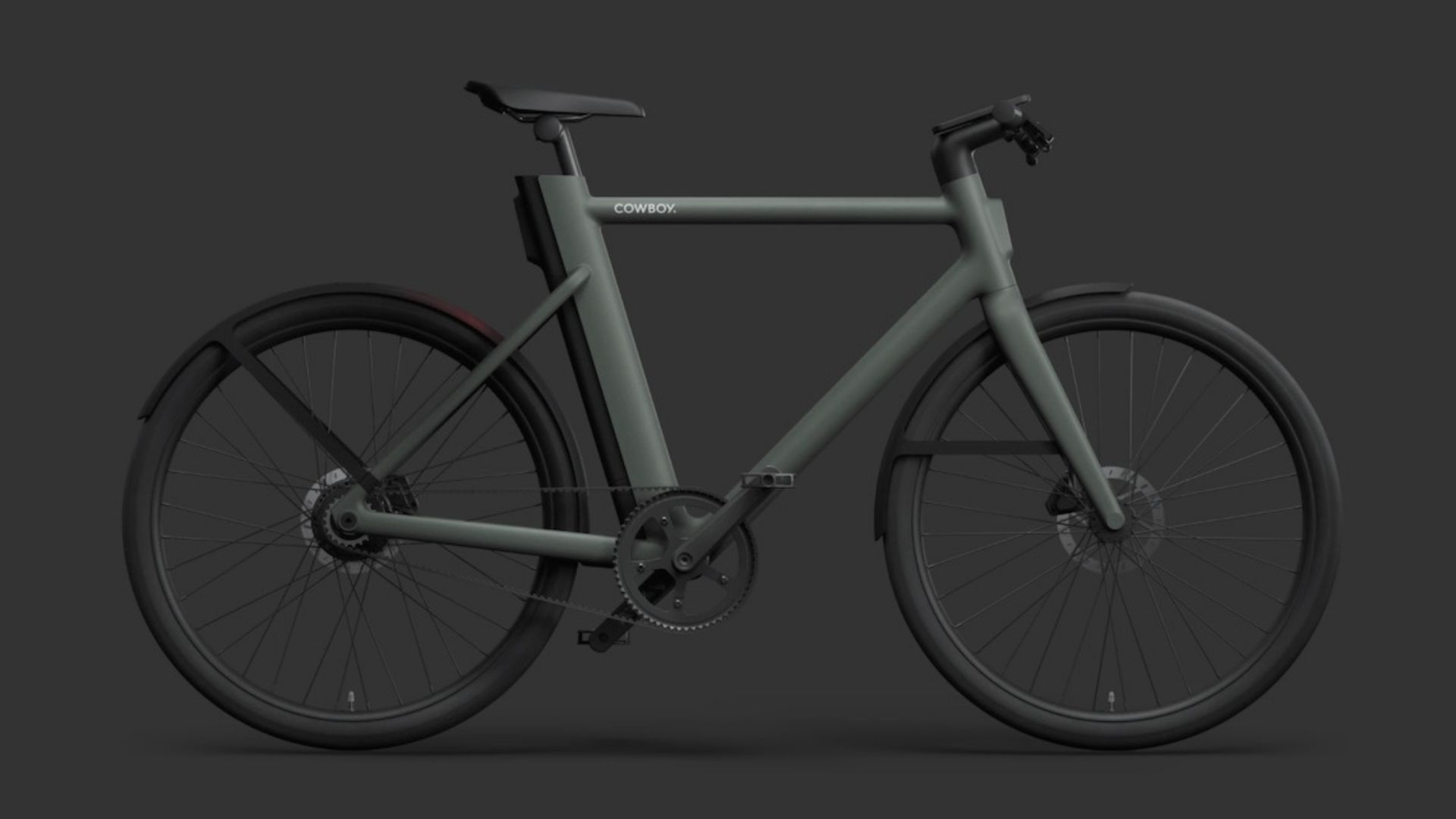Magway delivers the future of commercial transportation
Magway, a UK based engineering start-up enterprise has raised over £1.5 Milion to initiate a revolution in transportation

Magway is preparing to build a network of tunnels that will carry commercial good over magnetic tracks. Each tunnel, measuring less than one meter in diameter, will ship commercial goods across multiple stations, non-stop, at a rate of 72,000 carriages per hour. The idea came to to meet the growing e-commerce demand and reduce the related carbon emissions.
E-commerce is the fastest growing business across the globe. Just take a look at the $1 trillion Amazon’s market cap, it’s easy to see how big is the e-commerce industry. The billions of parcels shipped every year by flights and trucks come with a heavy environmental cost.

A transition from fossil fuel transport systems to an electrical would reduce the relative carbon footprint of the delivery industry. Furthermore, since the parcels in the magnetic tunnels don’t get delayed due to traffic, a delivery utility such as Magway holds the potential to significantly increase the efficiency of the industry.
The minds behind Magway – Phill Davies and Rupert Cruise
Founded in 2017 by Phill Davies, a business expert, and Rupert Cruise, an engineer who has worked on Elon Musk’s Hyperloop project, Magway offers an all-new medium of delivery mobility.

Backed by a team of management operation and engineering experts, Magway is in its essence a delivery utility company planning to deliver goods between distribution centres and consolidation centres via pipelines, similar to those used by water, gas and electricity companies.
Materials and techniques – Electromagnetic levitation and propulsion
Magway, as the name suggests, uses a magnetic levitation and propulsion system. This technology uses the repulsion and attraction of magnetic poles to lift and control the speed of the carriages. The advantages of this system derive from the lack of friction with the tracks, resulting in higher speeds and efficiency.

Design memento – A better way of transportation for better cities
Magway not only delivers goods more reliably, with greater predictability and lower operating costs, it also provides a secured investment since the system is independent of weather conditions, safer and more reliable than road transport.
Furthermore, by substituting road transport dedicated to delivery, it causes fewer vehicles on the road, meaning less air and noise pollution as well as quicker and less stressful commutes.

The writer’s comment – An inevitable revolution
Innovative transport systems like Magway are inevitable and represent the beginning steps into the transportation of the XXI century. As the human population increases, society becomes faster-paced and an ever-growing number of goods are carried across the world, old transport systems will cease to keep up with the demand.
This transition will be a result of the interest for continuous economic growth, which will push corporations to invest in more efficient and reliable ways of transportation.

Shifts in the transportation industry will happen due to the continuous push for higher GDPs and less as the result of the efforts to reduce the burning of fossil fuel, although this last point will most likely be used as a marketing hook to satisfy those concerned with sustainability and the impacts of man-related climate change.










